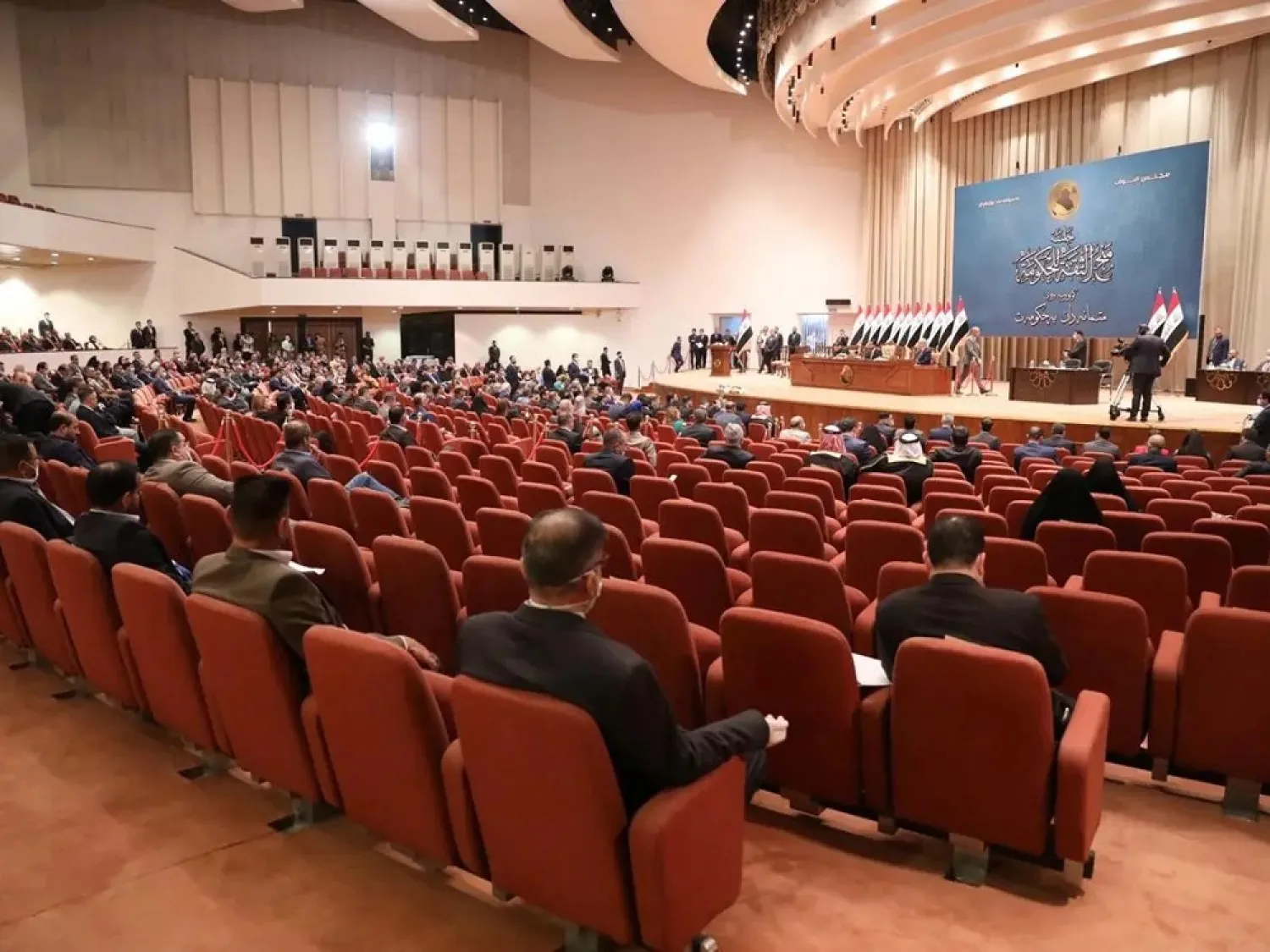Head of Iraq's Sadrist movement, cleric Moqtada al-Sadr announced on Friday the suspension of negotiations over the election of a new president.
Sadr had been negotiating with the rival Coordination Framework over the elections, which are set for Monday.
His announcement came a day after reports said his representative, as well as representatives of the Kurdistan Region and the parliament speaker, had attempted to meet with head of the Fatah alliance, Hadi al- Ameri.
The reports had also said that the Sadrists and the Coordination Framework were nearing an agreement over the election - through a mediation led by head of the Kurdistan Democratic Party (KDP) Masoud Barzani.
The meeting with Ameri ultimately fell through with Sadr declaring that his 75-member parliamentary bloc will not vote for KDP candidate Hoshyar Zebari "if he is implicated in corruption."
"We are advocates of reform," Sadr tweeted on Friday.
Sadr's announcement has fueled debate in Iraq. The opponents of his alliance, which includes the KDP, Speaker Mohammed al-Halbousi and leading Sunni figure Khamis Khanjar, have alleged that Zebari, a former finance and foreign minister, was embroiled in corruption that led to his sacking as finance minister in 2016.
Political powers have a day to prove Zebari's innocence from the allegations.
Zebari's KDP had worked tirelessly on Friday and Saturday to ease the fallout over Sadr's tweet.
Rallies had erupted against his nomination and hundreds of cultural and media figures have signed a petition against his run for president. A court has also summoned Zebari to answer to the claims against him, leaving incumbent Barham Salih likely to be elected for a second term.
Regardless of what happens, the elections still have another hurdle to overcome, the so-called "blocking third". The Supreme Court had recently decreed that a president must be elected through a majority of two-thirds of MPs. As it stands, such a condition is unlikely to be met as both Zebari and Salih are backed by rival alliances.
With Monday's elections cast in doubt, Iraq will probably be confronted with constitutional vacuum. Salih may remain in his post until his successor is elected, while Iraqis will now be concerned that the concept of the blocking third will become the norm in their country.
The blocking third had been adopted in Lebanon's government to disastrous results in the past with presidential elections being obstructed for two years. The Iraqis will surely want to avoid such a scenario.









